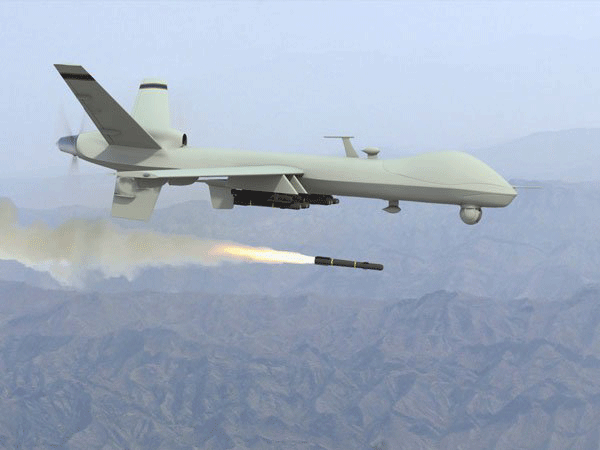On December 13, Israeli Prime Minister Benjamin Netanyahu had an official visit to Azerbaijan. Although the visit only lasted 8 hours, the parties managed to make a lot of statements on high-level bilateral relations, increasing trade and cooperation in the military sphere.
Netanyahu
The next day following Netanyahu’s visit, however, the Russian “Kommersant” wrote about the Deputy Prime Minister Dmitry Rogozin’s, who coordinates Russian military industry and arms sales sectors, scheduled visit to Baku on December 15.
It is no secret that after Russia, Israel is the main supplier of weapons to Azerbaijan. On September 21, after the parade of the 25th anniversary of Armenia’s independence, when it became known that Armenia’s armed forces are equipped with Russian Iskander missile systems (although there are numerous questions regarding the right to usage of those systems) the Azerbaijani side expressed its displeasure with Moscow and began searching for armament alternatives.
Read also
In particular, it became clear in October that to strengthen its air defense and to allegedly reduce the risk from Iskander (and other rocket systems), Azerbaijan has agreed to acquire the Israeli “Iron Dome” anti-missile systems (it was reaffirmed by Azerbaijani Ministry of Defence Industry Minister Yaver Jamalov on December 17).
Rogozin
Rogozin’s visit to Baku took place under such circumstances. According to “Kommersant” sources, Rogozin, who was to meet with Azerbaijani President Ilham Aliyev, was to negotiate cooperation between the two sides concerning the military-technical sphere, as well as discuss the issue of Iskanders provided to Armenia.
It turns out that Rogozin’s visit to Baku closely followed Netanyahu’s visit, at the time when new steps are being taken towards the Azerbaijani-Israeli military-technical cooperation, and the volume of those transactions is being announced. Rogozin’s visit, therefore, pursued commercial intentions and the Russian Deputy Prime Minister had visited Baku to assure that Moscow does not want to lose Azerbaijan as a buyer for its weapons.
As a reminder, after the April war, the Russian Prime Minister Dmitry Medvedev said that Russia will continue to supply weapons to Azerbaijan, because otherwise others would do it. Rogozin actually lived up to his chief’s vision and rushed to correct the situation. Also, we can assume that Rogozin has offered guarantees to Baku that the Iskander will not be used against Azerbaijan if the conflict stays confined within Karabakh borders. And we can assume that in exchange, Moscow promised to provide new weapons to Baku.
These developments, of course, are not favorable for Armenia. Turns out that two countries with major military industries, one of which is considered to be Armenia’s strategic ally, are competing over providing armaments to Azerbaijan. Moreover, Armenia’s ally Russia, declaring that it strives to preserve the regional balance, provides Yerevan with “dreadful” Iskanders, the use of which is highly questionable and abstract, and instead makes Azerbaijan buy the equipment that Azerbaijan uses on the contact line during real battles, like the war in April.
Vahe Ghukasyan
Union of Informed Citizens






















































